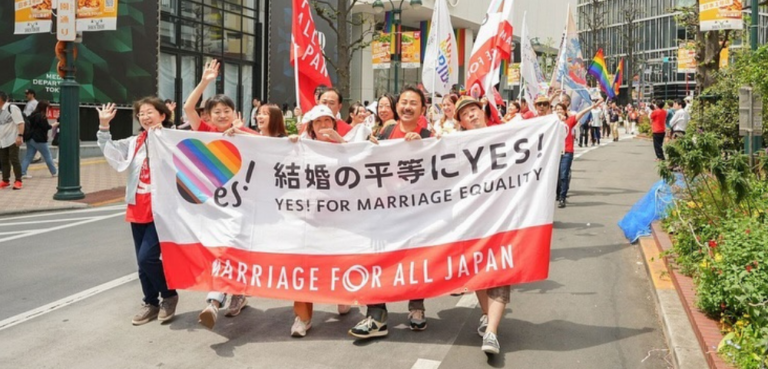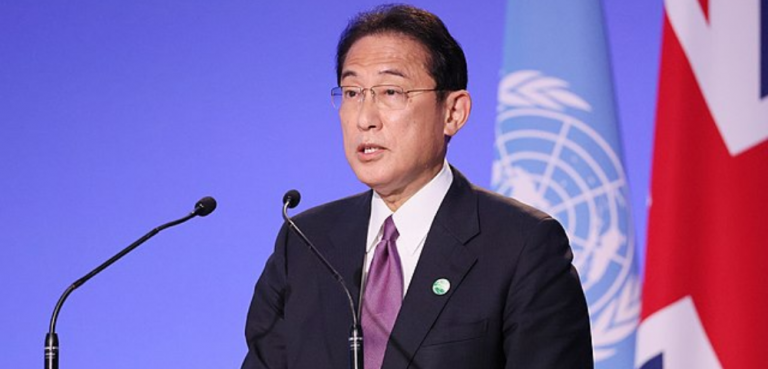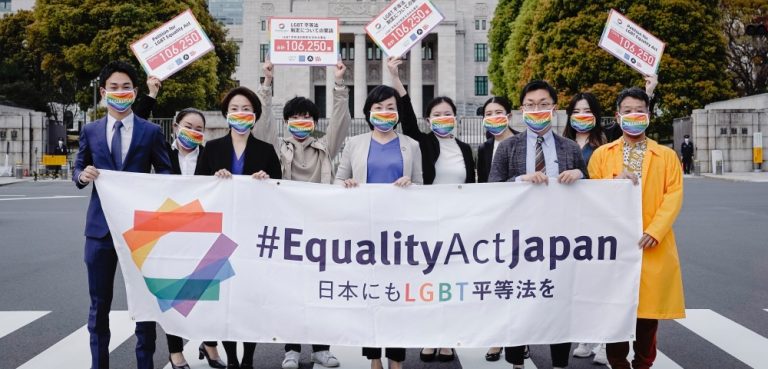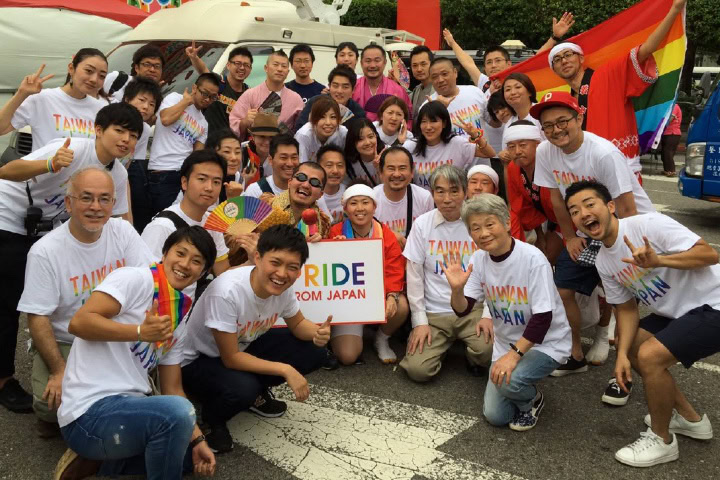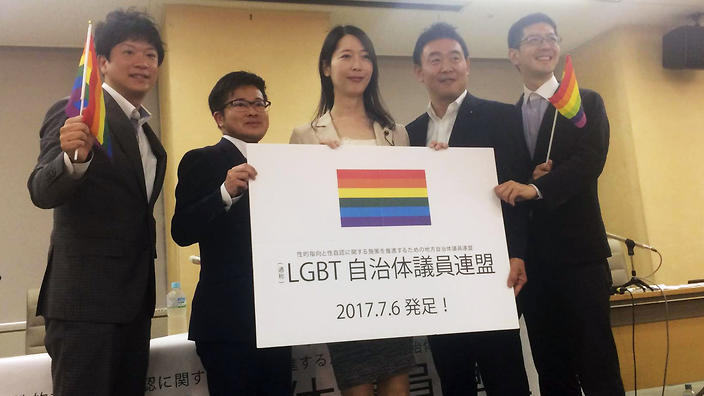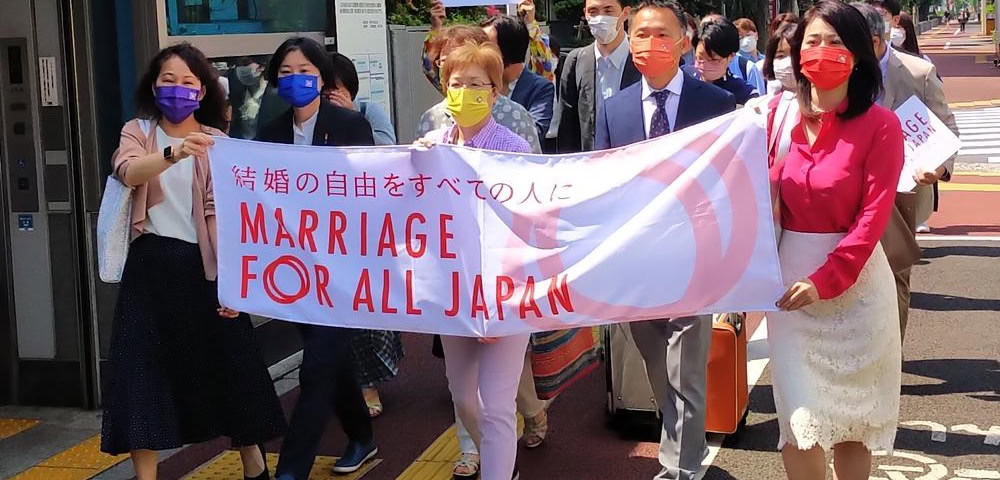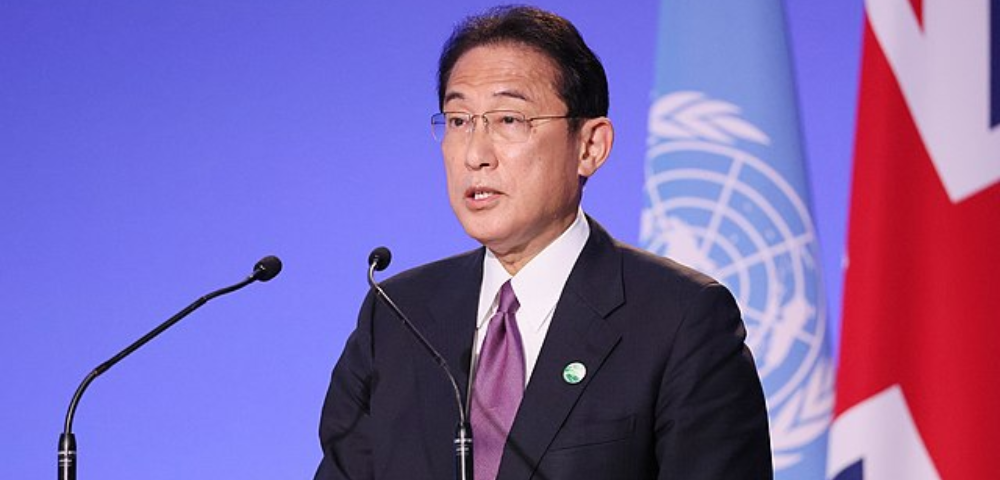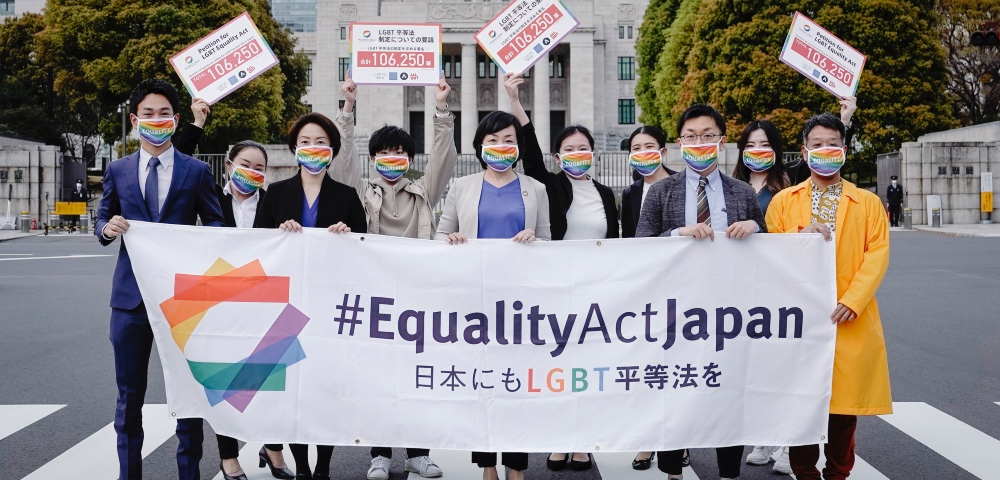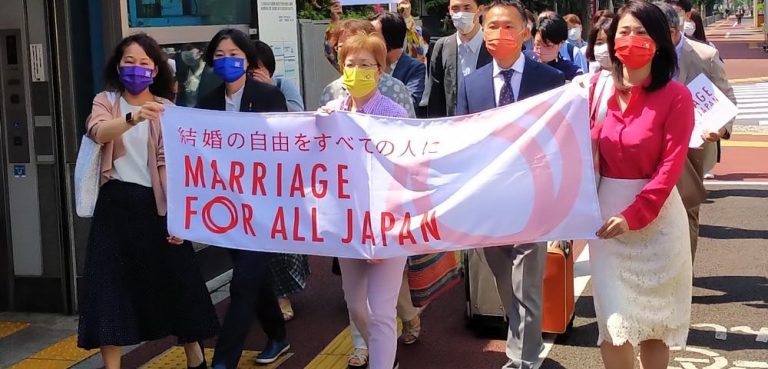
Japan To Ban Forcible Outing Of LGBTQI People
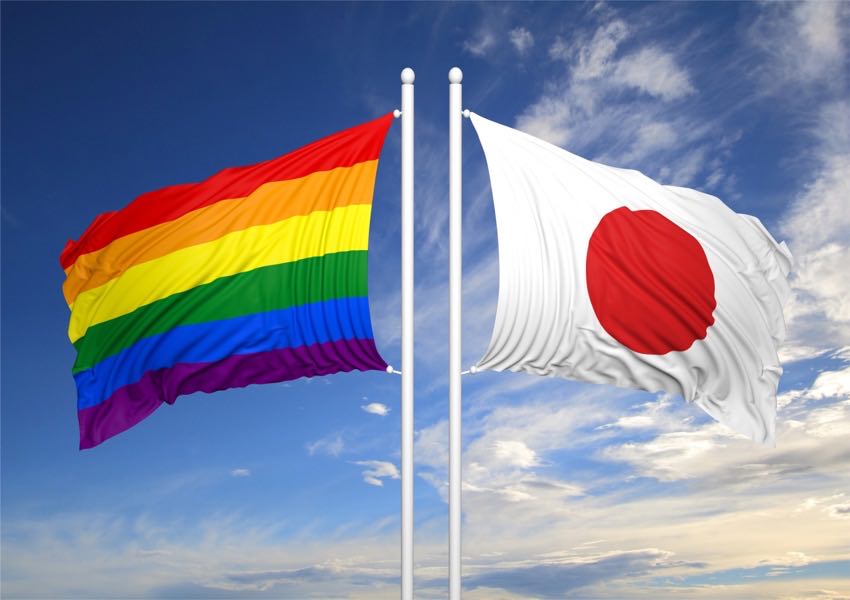
Forcible outing of LGBTQI persons may soon be a criminal offence in a region in Japan. Governor Eikei Suzuki, head of the Mie Prefecture (Japan is divided into 47 prefectures) announced on June 3, 2020 the intention to frame a law that would prohibit the disclosure of the sexual orientation or gender identity of a person.
The proposed law could become an example to other regions in Japan as well as countries that are working on anti-discrimination legislation. The fear of outing has often been used to threaten LGBTQI people. The threat that their sexual orientation or gender identity would be made public has also been a factor in accessing health care and other services.
The proposed law in Mie, will penalise a person or organisation which either forces an LGBTQI person to come out against their will or reveals their sexual orientation or gender identity without their consent.
Suzuki made the announcement at the plenary session of the prefectural assembly saying the provision would be part of a law to prohibit discrimination against LGBTQI people and would be enacted after seeking the opinion of experts and suggestions by the community. The law is likely to be enacted later this year.
“Forcible outing not only causes injury to the person, but also affects their families and the workplace. It can isolate the person as well,” Suzuki said. The governor emphasised the importance of understanding sexual diversity and the need for prohibiting discrimination.
Suzuki in a post on Facebook said that the law was a response to the COVID-19 pandemic, especially an incident in South Korea when a COVID-19 patient was found to have visited gay bars. The fear of outing or discrimination resulted in people who had visited the bars concealing their identity or not coming forward to get tested.
Mie is the second region in Japan to enact a law against forcible outing. In 2015, a student at Hitotsubashi University’s School of Law had committed suicide after a classmate outed him. Following an outcry in 2018, the local government of Kunitachi city, near Tokyo, introduced a law against forcible outing of LGBTQI persons.
The outing of persons by friends, family members, colleagues or classmates has been a matter of concern for the country, according to a report in The Japan Times in 2019. The report revealed calls to helplines where people who had been outed after they revealed their sexual orientation or gender identity to someone they trusted.
The outing of LGBTQI, especially in conservative societies and in countries where same sex relations are criminalised, have been known to expose them to harassment, arrests, and violence.
In April 2020, a transgender social media influencer in Morocco asked women to use fake IDs to set up accounts on popular gay dating apps to track gay and bisexual men and publicly out them. This led to gay men who were outed facing abuse and death threats. The influencer subsequently apologised and said that her aim was to demonstrate how common homosexuality was and humanise gay people.
Recently, the Thomson Reuters Fooundation reported about gay men in Egypt, Ghana and Nigeria being made to share intimate photos and subsequently being blackmailed and outed.
